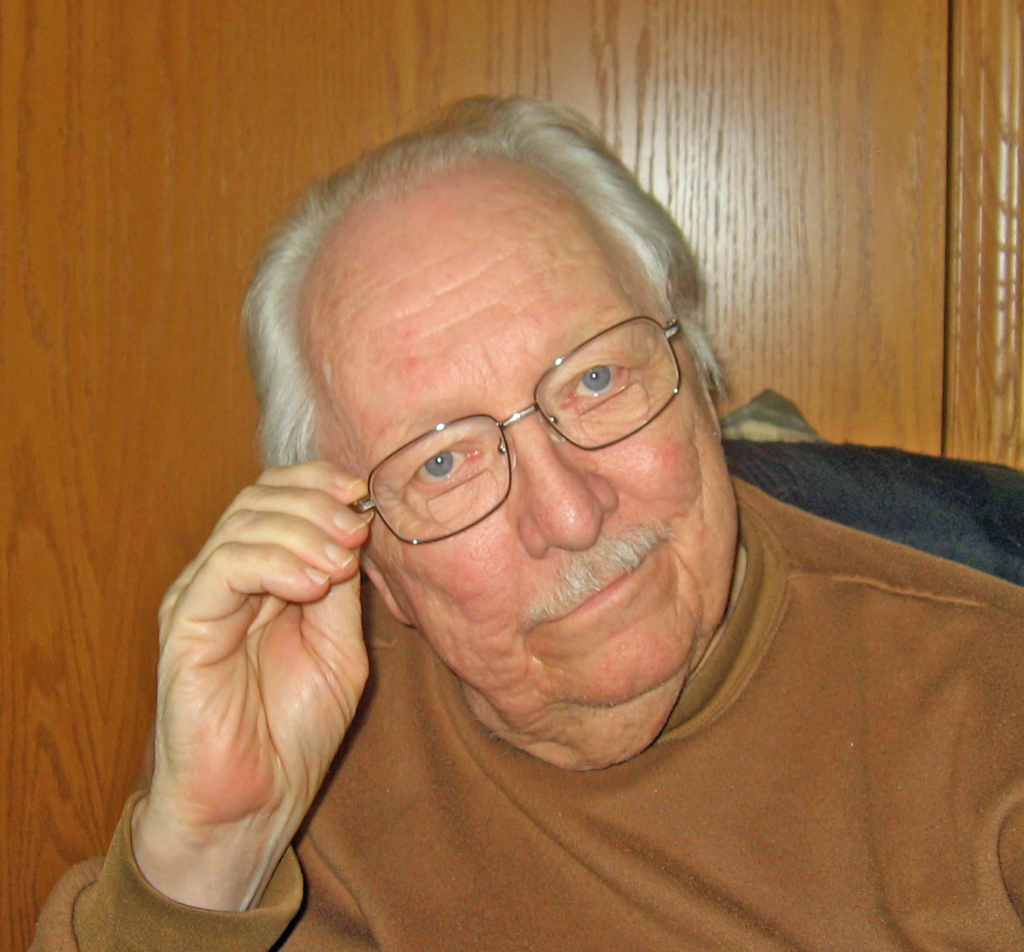Sharing is caring!

I got a hilarious email about my posting, “Mother Nature says falling in love is not a choice.” The writer of the email went on to explain I didn’t include her, Mother Nature’s, chemical warfare that she practices on us. The writer was referring to a hormone called oxytocin. Oxytocin is often labeled as the love or cuddle hormone. The pituitary gland secretes it. It’s chemical formula is C43H66N12O12S2. Scientists tell us that it promotes feelings of love, well-being, and bonding. We do not have conscious control of this hormone. It plays a role in female reproductive functions from sexual activity to childbirth and breast-feeding. The male is not free from its effects either.
I found a list of 10 things that can increase your oxytocin levels on the Psychology Today website. They range from petting a dog to telling someone you love them. The strongest reaction to oxytocin is in the female reproductive functions. If a woman experiences orgasm with a lover, she will bond to him. When she is nursing a baby, oxytocin is released during that time, but as soon as the baby stops nursing, the production of oxytocin stops as well. Nursing mothers also report on occasion they have an orgasm while nursing their baby. It would provide a double dose of oxytocin. You can see mother nature’s reason for oxytocin as it increases the bonding and love between mother and child.
Has mother nature practiced chemical warfare on us? I think the answer is definitely yes. We even celebrate it in our movies with the screwball comedy genre. Is it bad? No, it provides some of the most pleasant moments in our lives. Perhaps your opinion is different. If so, share why you think this is true in the comments down below.
